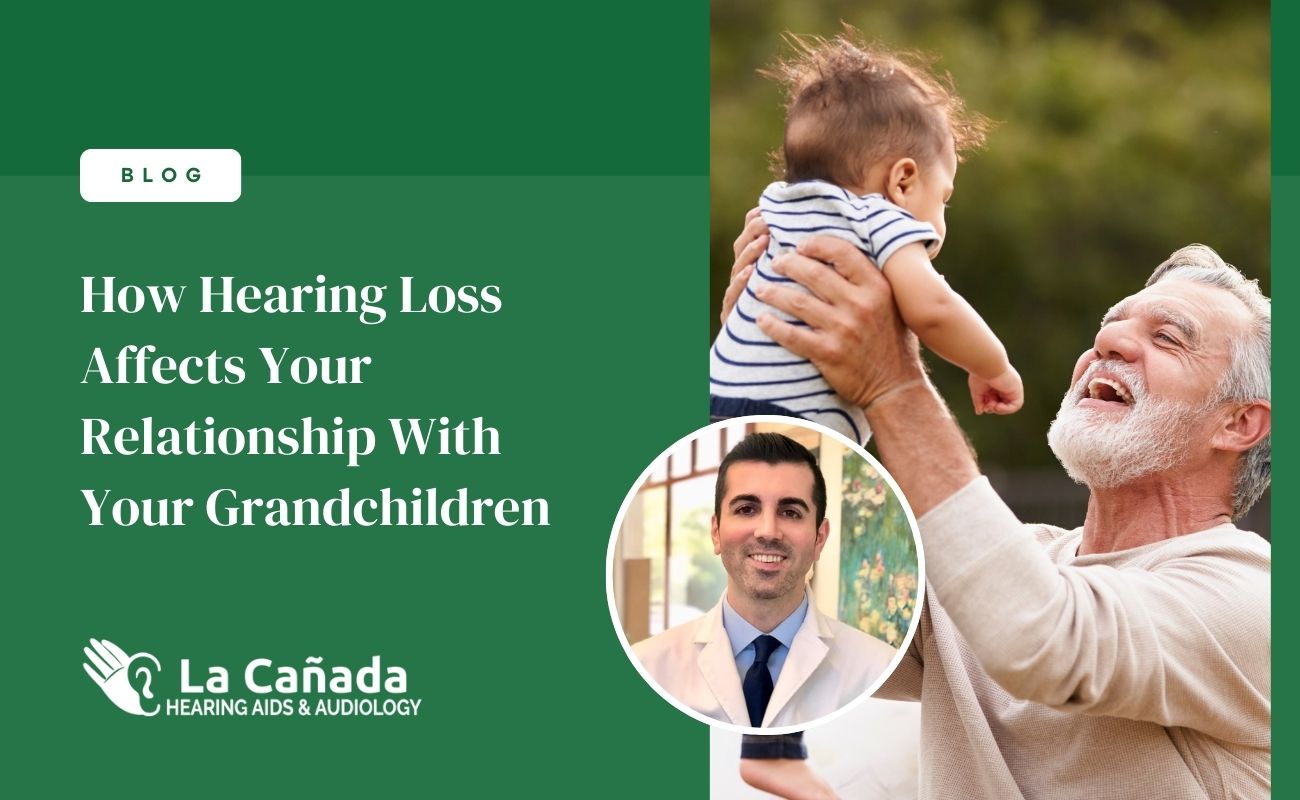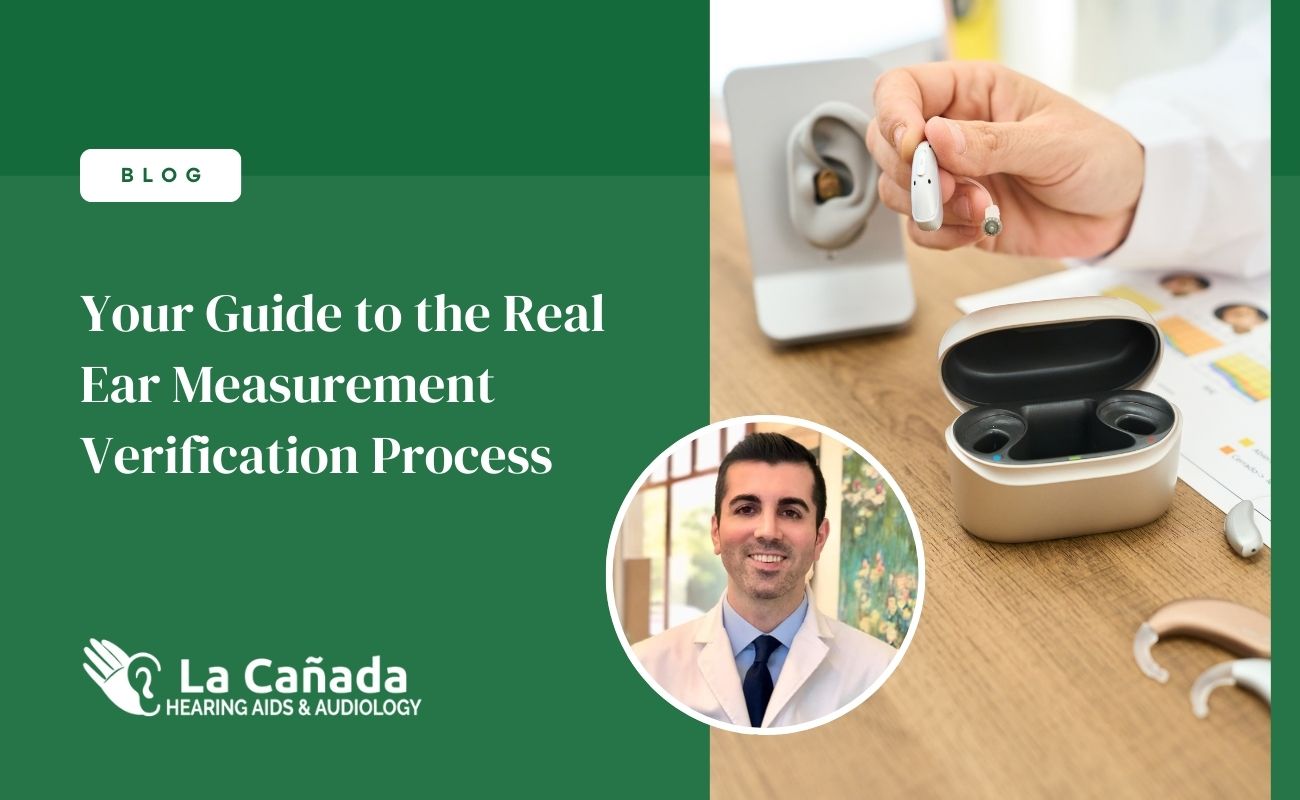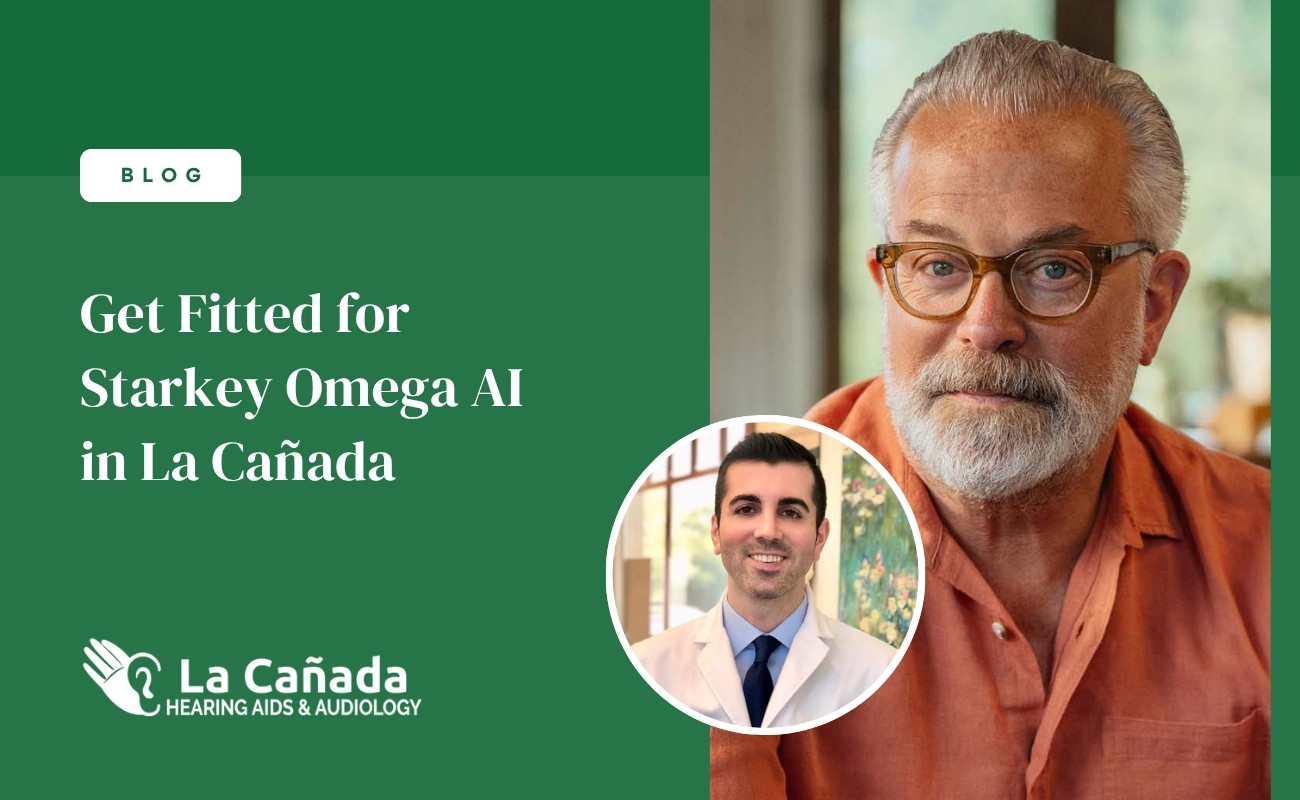Driving safety is a major issue, and many accidents and fatalities occur each year due to dangerous driving habits. Do you have hearing loss? Are you wearing a hearing device? If you’re struggling to hear, or enjoying the benefits of a hearing aid, you can still drive safely, but you do need to take a few extra precautions to ensure your safety, the safety of your passengers, and the safety of everyone else on the road. Here are a few tips for driving with hearing aids.
Get your Vision Checked
When you wear hearing aids to help you hear, you likely rely more heavily on your other senses to fill in any other gaps in your awareness. When driving, your vision is especially important, so make sure you schedule annual appointments with your optometrist, or visit them the moment anything changes with your sight. Be sure to watch for early warning signs of cataracts, and stay up to date with your prescription, so that if you wear glasses you can be confident knowing you’re seeing everything around you. This could make all the difference in braking on time, or seeing a pedestrian crossing the road in front of you.
Struggling to see through the glare? When driving on sunny days, make sure you’re wearing your sunglasses to cut down on glare. It’s best to avoid night time driving whenever possible, since the glare from all the other lights can make driving safely a lot more challenging.
Watching Other Drivers
Seeing clearly will help you be more alert to changes in the road conditions. You might not hear a warning siren, but pay attention to flashing lights that could alert you to a safety hazard. Watching other drivers can also keep you safe. If everyone around you is pulling over or stopping, they may have heard something you didn’t, so follow their lead. If everyone else is stopping, you should too.
Keeping it Quiet in the Car
We all love driving down the highway blasting our favorite tunes and singing along, but if you’re wearing hearing aids or struggling with slower reaction times, you need to put road safety ahead of karaoke. There’ll be time for singing when you get home, so turn off the radio, and keep it quiet in the car. If you’re traveling with passengers, ask them to ride with you in silence, and keep conversation to a minimum. You’ll have time to swap stories once you’ve safety reached your destination
Take a Bit More Time
As we get older, we might need an extra second or two to notice something and react to it. This applies to our time behind the wheel as well. If you’re driving with hearing aids, take a bit more time. Leave the house early so you’re not in a rush, and can drive at a safe speed. Don’t follow too closely behind the car in front of you, because you’ll need that extra split second to react if they stop suddenly. Try to anticipate any problems, and scan the road and your rearview mirrors often, so nothing will take you by surprise.
Avoid driving during rush hour, as the higher volume of traffic makes it harder to take the extra time you might need, and if there are several routes to your destination, always choose the quietest streets.
Looking After your Vehicle
If you’re driving with hearing loss, it’s important that you perform regular vehicle maintenance. Even with your hearing aids, you might miss the warning beep from the dashboard, or may not hear the rattling under the hood. If you can’t hear that small noise, and it becomes a thumping sound, you’ll have a far bigger problem on your hands. Avoid any unwanted vehicle trouble, and service your car regularly.
La Cañada Hearing Aids & Audiology
At La Cañada Hearing Aids & Audiology, our Audiologist is dedicated to keeping you safe, both on and off the road. If you’ve recently noticed any changes in your hearing, have had problems with your hearing devices, or want to explore your hearing aid options, visit us today to receive the best in quality care. We’ll work with you to ensure that your devices fit well, function optimally, and have all the right programs to keep you safe behind the wheel.


.webp)





